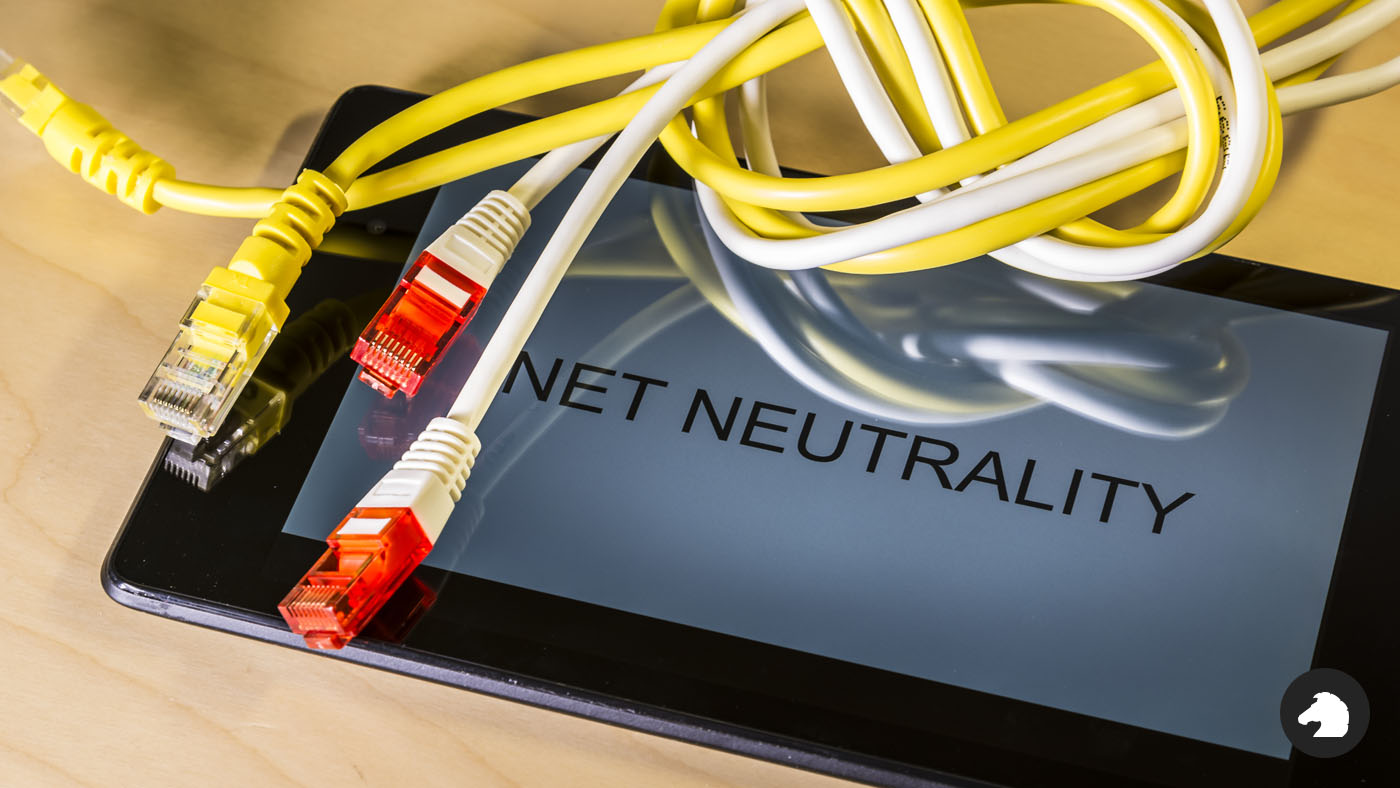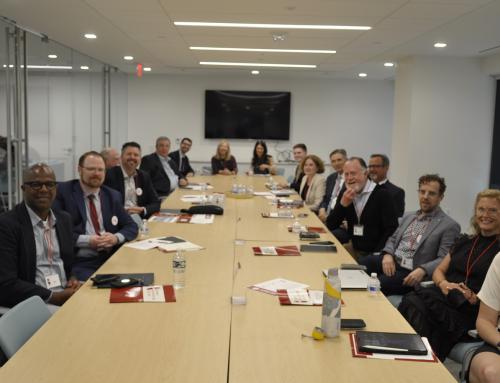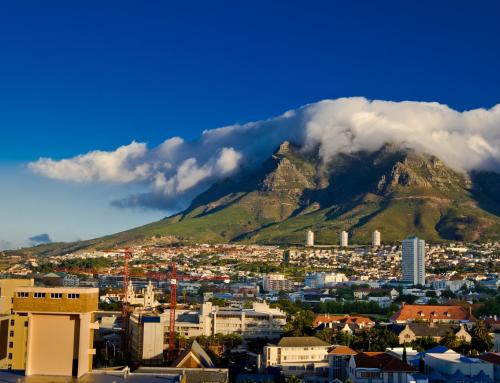In 2025 reliable Internet access is vital for everyday life. It’s vital for businesses of all shapes and sizes to be able to operate. The Internet is one of the greatest inventions of the 20th century and without it I wouldn’t be sitting here penning this post!
I’ve written about “net neutrality” going back well over a decade. Without it companies like ourselves would probably not exist!
What is it?
If you’re not familiar with the concept it’s pretty simple:
Net neutrality is the principle that internet service providers (ISPs) treat all online traffic equally and openly, without discrimination, blocking, throttling or prioritisation.
Blacknight is primarily a hosting provider, so we provide our clients with the technical facilities they need in order to store and serve “content”, no matter what form or medium they choose.
In more recent years we’ve also become an ISP offering high speed fibre connectivity to consumers and businesses across Ireland.
Both sides of our business exist because of the free and open Internet that we believe in and that we have worked to protect for the past two decades. However there will always be threats. If the EU were to change their stance on Net Neutrality, our business, and that of our thousands of clients, would be put at risk.
It’s because of these ongoing threats that we were only too happy to join with over 80 other signatories in a statement that has been submitted to the European Commission.
You can read the full statement here (PDF) but there are a few key sections that I want to emphasise:
Measures introducing interconnection charges would risk driving up costs, limiting choice and open access to information, undermining the affordability, quality, and diversity of digital products and services. If targeting EU operators, these measures would be particularly detrimental to the EU ecosystem. This would ultimately lead to higher subscription prices for consumers and disadvantage European CAPs, undermining investment in content creation and limiting consumer choice
Do you really want an Internet that is no longer open, but more akin to a “walled garden”? Or how about if you had to pay so that users could access your content (not the users paying you, but YOU paying so that users get to choose!)
BEREC, the Body of European Regulators for Electronic Communications, has consistently shown the absence of a market failure that would require such regulatory intervention. According to BEREC , Europe’s interconnection market functions smoothly, with balanced bargaining power among transit providers, content delivery networks and internet access operators. There is no evidence of systematic congestion or abuse warranting regulatory intervention. Instead, the introduction of an arbitration mechanism would allow large telecom operators to exploit termination monopolies to force payments from other actors, distorting competition at the expense of smaller operators, including MVNOs, and undermine consumers’ rights to use the Internet freely, as guaranteed by EU net neutrality rules .
There is no evidence that supports any of the rather disturbing proposals being mooted by some large players in the telco space.
Do we really want a European market where only the biggest and richest companies can operate? If smaller competitors and startups are squeezed out then everyone suffers. Competition is good for the market – it pushes us all to do better. To provide better services. To innovate. To go further. Without it there’s no motivation to do any of that.
Here’s to keeping the Internet open, fair, and accessible to all — not just the highest bidder. Net neutrality isn’t a luxury; it’s a cornerstone of digital freedom, innovation, and economic opportunity. Let’s not wait until it’s gone to realise how much we depended on it.





